Joint Support Supplements For Pain-Free Movements: Joint support supplements have become increasingly popular as millions of adults worldwide seek natural solutions for maintaining healthy, pain-free movement.
With over 25% of adults in the United States experiencing joint discomfort, finding effective supplements that can alleviate pain, reduce inflammation, and support cartilage health has never been more crucial6.
This comprehensive guide explores the top 10 joint support supplements backed by scientific research, helping you make informed decisions about your joint health journey.
Understanding Joint Health and the Role of Supplements
How Joints Function and Why They Need Support
Joints serve as the crucial connectors between bones, allowing smooth and controlled movement throughout your body. Cartilage covers the ends of bones, acting as a protective cushion that absorbs shock, reduces friction, and supports joint structures7. When cartilage deteriorates due to age, injury, or conditions like osteoarthritis, joint pain and stiffness can significantly impact daily activities.
Joint support supplements work by providing essential nutrients that help maintain cartilage structure, reduce inflammation, and support overall joint function. These supplements contain natural compounds that your body uses to repair and maintain healthy joint tissues, offering a complementary approach to traditional pain management strategies7.
Top 10 Joint Support Supplements for Optimal Movement
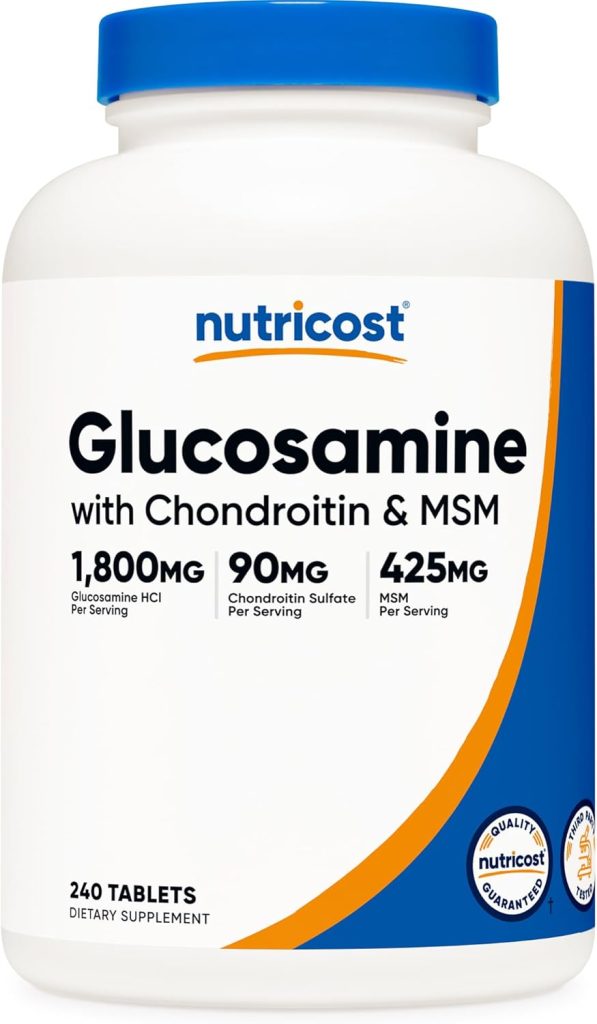
1. Glucosamine – The Cartilage Building Block
Glucosamine stands as one of the most researched joint support supplements, serving as a fundamental building block for cartilage formation. This naturally occurring compound helps support cartilage structure, reduce pain, and improve joint function8. Recent research involving 15 studies concluded that glucosamine may effectively reduce joint pain in people with knee osteoarthritis8.
Recommended Dosage: 1,500 mg daily, typically taken with meals to enhance absorption7.
Key Benefits:
- Supports cartilage repair and maintenance
- Reduces joint pain and stiffness
- Improves overall joint function
2. Chondroitin Sulfate – Enhanced Joint Flexibility
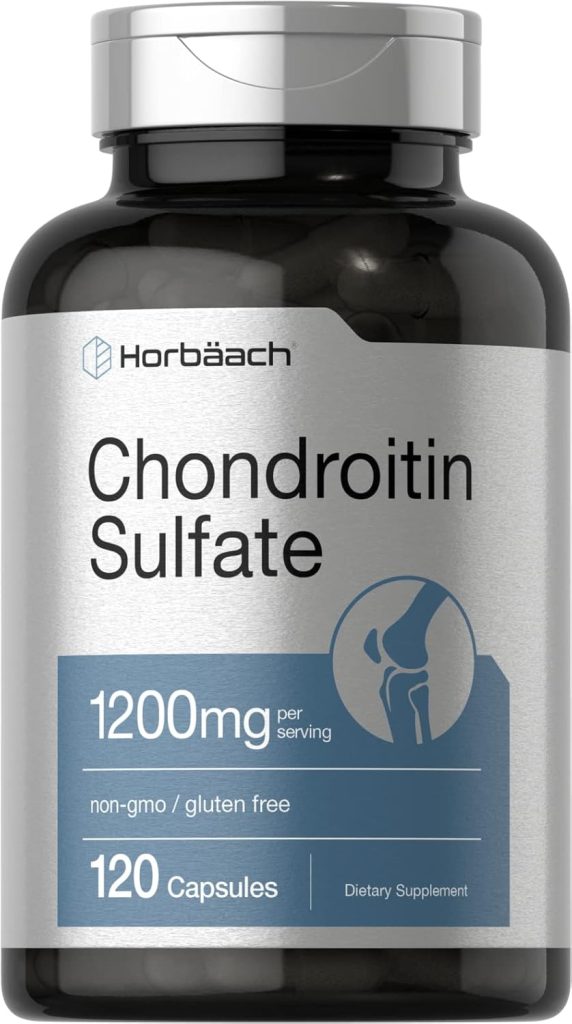
Chondroitin sulfate works synergistically with glucosamine to maintain joint health. This compound helps cartilage retain water, improving its elasticity and shock-absorbing properties19. A comprehensive review of 43 clinical trials found that chondroitin, alone or combined with glucosamine, slightly improved joint pain from osteoarthritis in the short term8.
Recommended Dosage: 800-1,200 mg daily, often combined with glucosamine for enhanced effectiveness7.
Key Benefits:
- Maintains cartilage water content
- Improves joint elasticity
- Reduces inflammation and pain
3. Omega-3 Fatty Acids – Natural Anti-Inflammatory Power

Omega-3 fatty acids, particularly EPA and DHA, possess powerful anti-inflammatory properties that make them excellent joint support supplements. Research involving 2,070 patients with osteoarthritis found that omega-3 supplements significantly reduced arthritis pain and improved joint function compared to placebo7. These essential fats help reduce joint inflammation, decrease pain and stiffness, and support overall joint health.
Recommended Dosage: 1,000-3,000 mg daily, including 250-500 mg of combined EPA and DHA7.
Key Benefits:
- Reduces joint inflammation
- Alleviates pain and stiffness
- Supports cartilage health
4. Turmeric (Curcumin) – Ancient Wisdom for Modern Joints
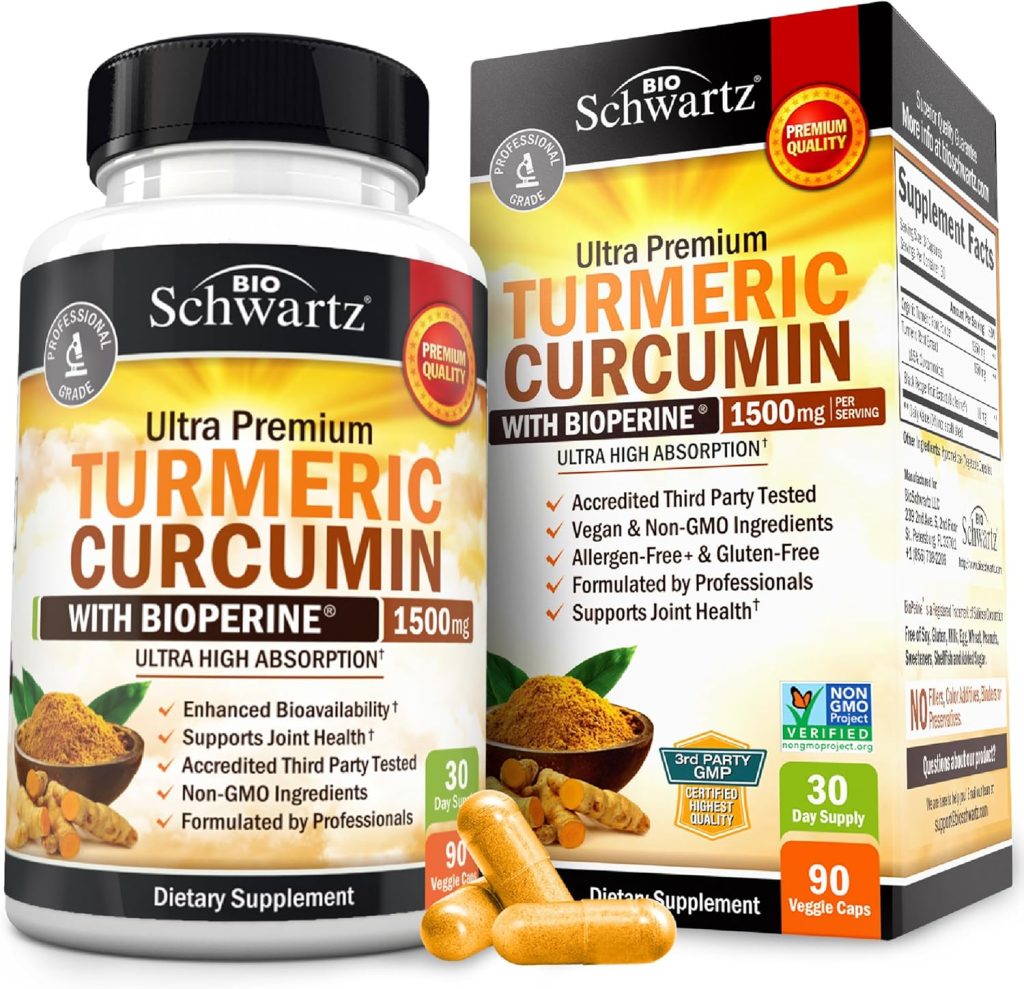
Turmeric contains curcumin, a powerful compound with exceptional anti-inflammatory and antioxidant properties. This joint support supplement reduces inflammation while neutralizing free radicals that can damage joint tissues19. Studies have shown that turmeric can significantly reduce joint pain and improve mobility in people with osteoarthritis.
Recommended Dosage: 500-1,000 mg of curcumin daily, often combined with piperine for enhanced absorption7.
Key Benefits:
- Powerful anti-inflammatory effects
- Antioxidant protection for joints
- Natural pain relief
5. Collagen – Structural Support for Joints
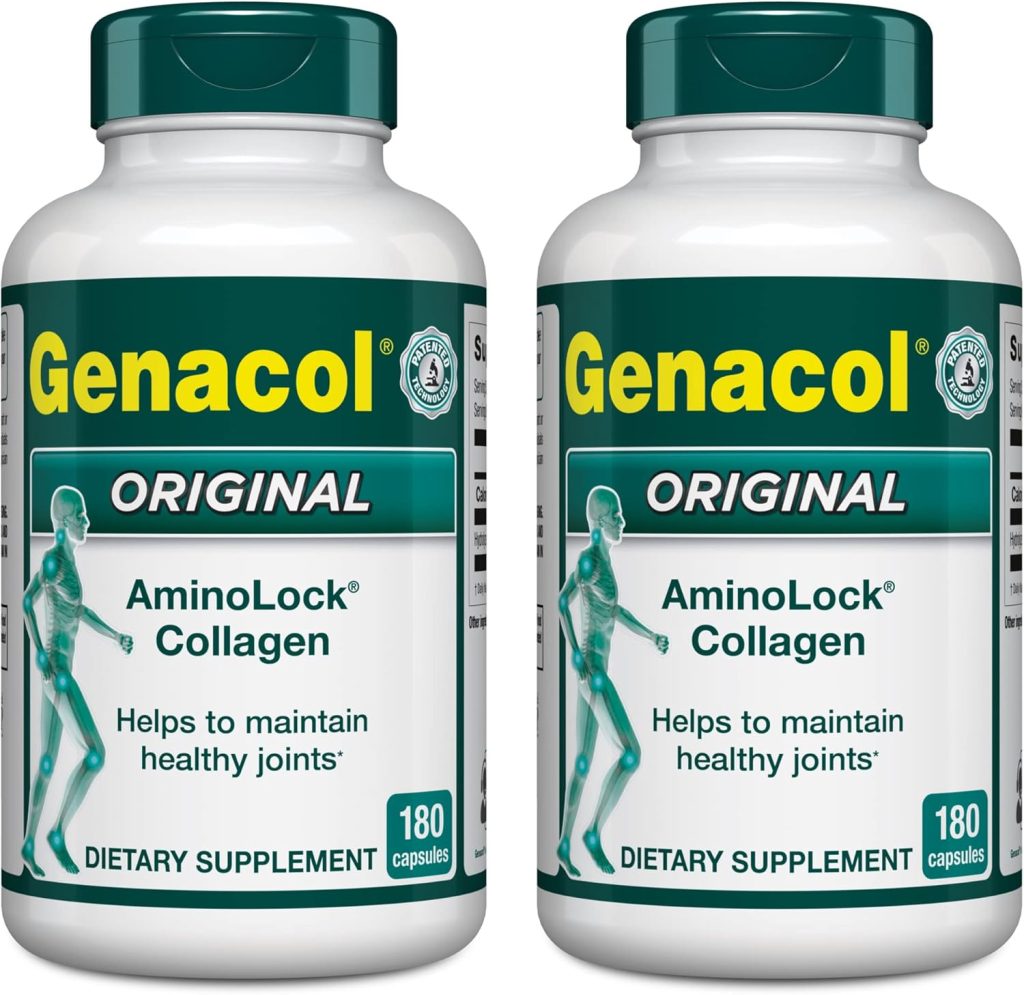
Collagen supplements provide the building blocks necessary for maintaining healthy cartilage, tendons, and ligaments. A double-blind, randomized, placebo-controlled trial investigating hydrolyzed chicken collagen type II found significant improvements in joint discomfort, pain reduction, and enhanced mobility in adults aged 40-656. Collagen hydrolyzates have demonstrated evidence of efficacy in several clinical trials for supporting joint health12.
Recommended Dosage: 2.5-10 grams daily, depending on the specific type of collagen supplement7.
Key Benefits:
- Supports cartilage structure
- Improves joint flexibility
- Reduces joint discomfort
6. MSM (Methylsulfonylmethane) – Sulfur for Joint Health
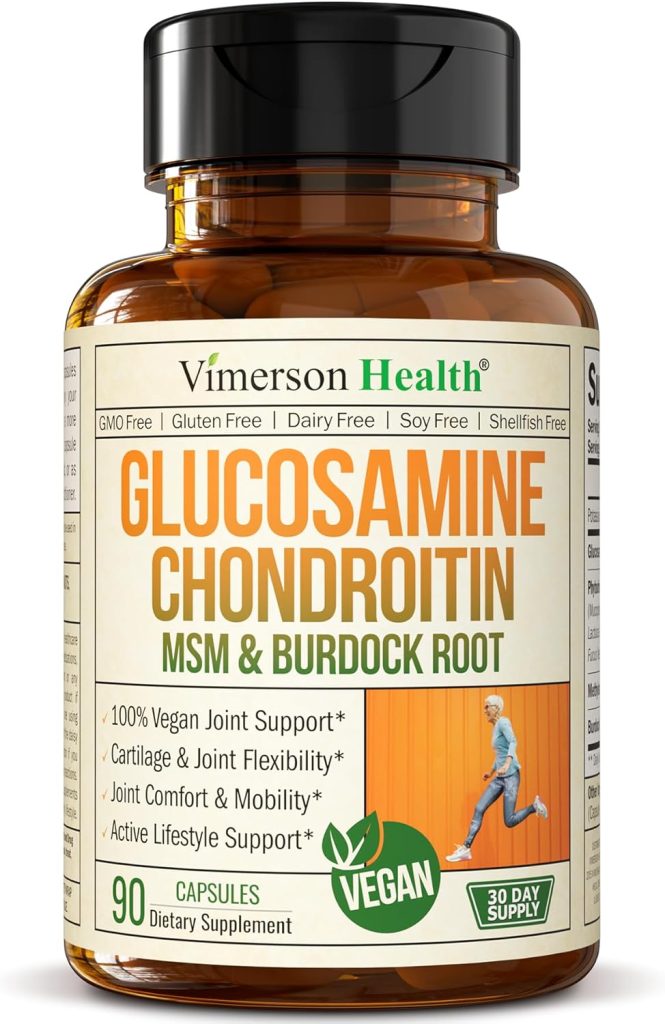
MSM is a naturally occurring sulfur-containing compound with antioxidant properties that may protect joint tissues from damage. This joint support supplement helps reduce inflammation and improve joint flexibility17. MSM assists your body in making new connective tissue, which may deteriorate after injury or from conditions like arthritis19.
Recommended Dosage: 1,000-3,000 mg daily, typically divided into two doses17.
Key Benefits:
- Antioxidant protection for joints
- Reduces inflammation
- Supports connective tissue formation
7. Vitamin D – Essential for Bone and Joint Health
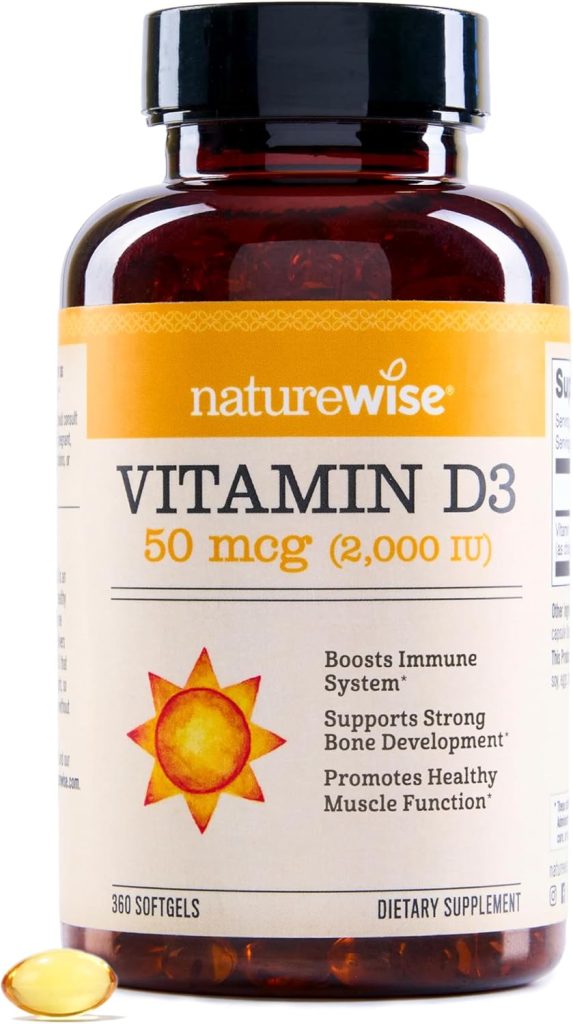
Vitamin D plays a crucial role in calcium absorption and bone health, while also functioning as an anti-inflammatory agent. Low vitamin D levels may be linked to increased joint pain8. This essential nutrient supports your immune system and helps maintain healthy bones and joints.
Recommended Dosage: 1,000-4,000 IU daily, depending on individual needs and blood levels8.
Key Benefits:
- Supports calcium absorption
- Anti-inflammatory properties
- Essential for bone health
8. Boswellia – Traditional Medicine for Modern Relief
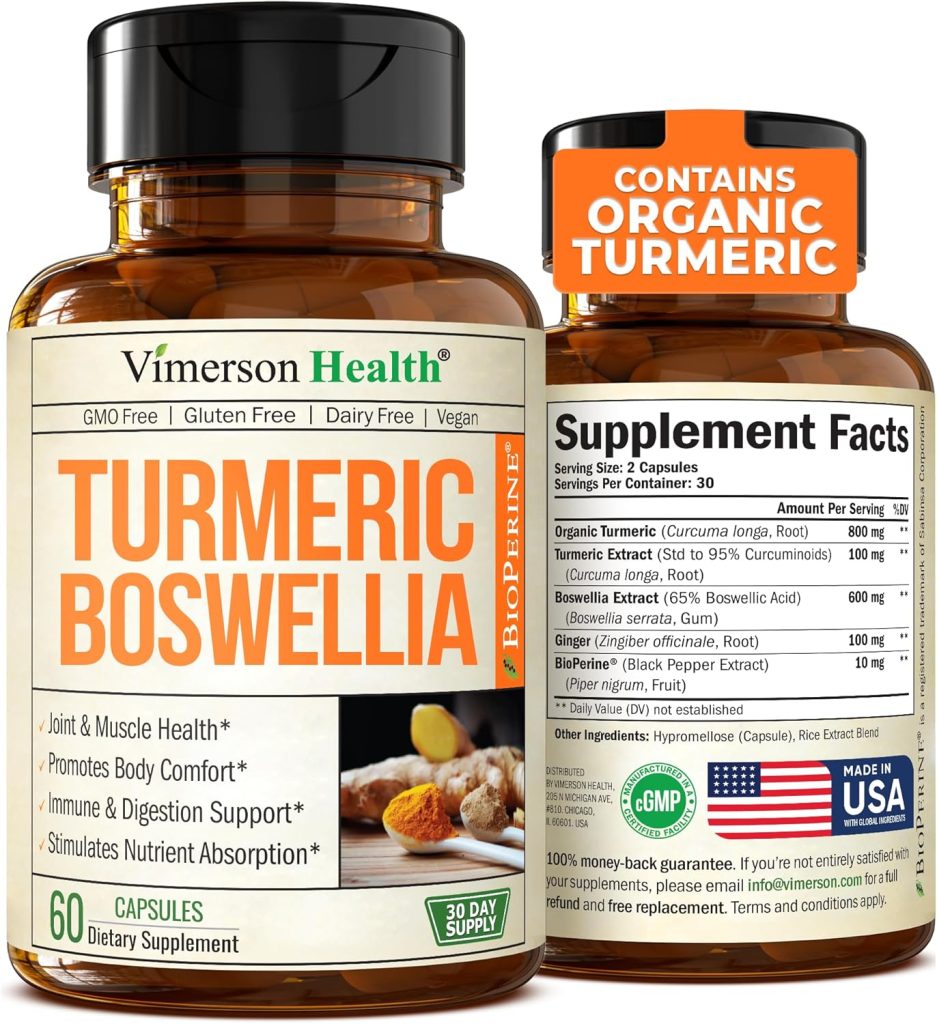
Boswellia, also known as Indian frankincense, has been used medicinally in Africa and Asia for centuries. Research has shown that this plant extract helps reduce joint pain, improve joint movement, and slow cartilage loss19. Boswellia may also help reduce joint inflammation associated with arthritis.
Recommended Dosage: 300-400 mg of standardized extract daily19.
Key Benefits:
- Reduces joint pain and inflammation
- Improves joint mobility
- Slows cartilage deterioration
9. SAM-e (S-adenosyl-L-methionine) – Natural Pain Relief
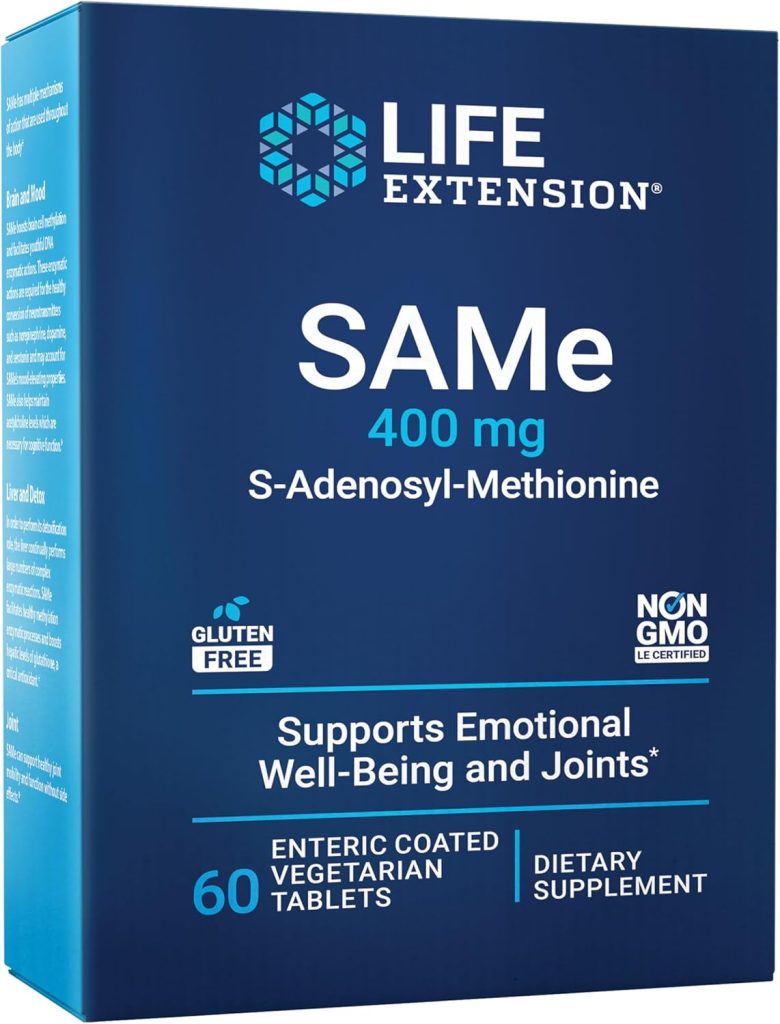
SAM-e is a naturally occurring chemical in your body that plays a role in stimulating cartilage growth and reducing pain perception. Studies comparing SAM-e with NSAIDs for knee or hip osteoarthritis found that each product provided similar joint pain relief, with SAM-e causing fewer side effects8.
Recommended Dosage: 1,200 mg daily, with effects typically visible after a few weeks8.
Key Benefits:
- Stimulates cartilage growth
- Reduces pain perception
- Fewer side effects than NSAIDs
10. Hyaluronic Acid – Joint Lubrication and Mobility
Hyaluronic acid helps maintain joint lubrication and supports cartilage health. A 12-week randomized, double-blind, placebo-controlled trial found that a complex containing hyaluronic acid significantly reduced joint pain compared to placebo20. This compound helps maintain the viscosity of synovial fluid, which lubricates joints and reduces friction.
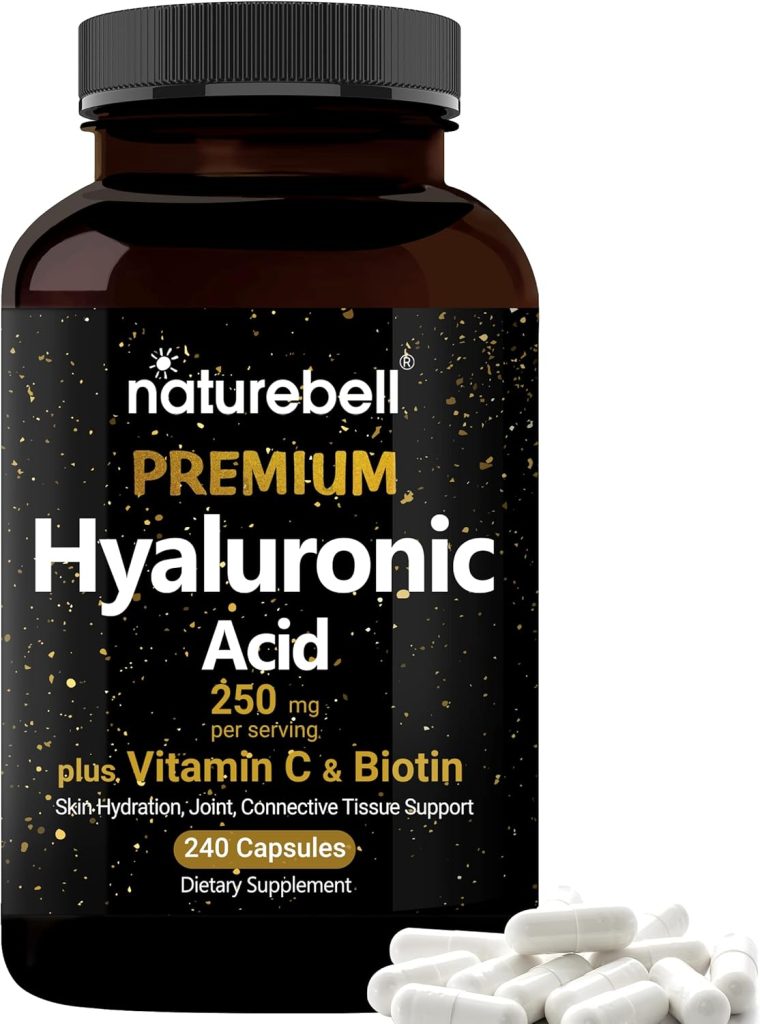
Recommended Dosage: 80-200 mg daily of oral hyaluronic acid20.
Key Benefits:
- Maintains joint lubrication
- Supports cartilage health
- Reduces joint friction
Choosing the Right Joint Support Supplements for Your Needs
Factors to Consider When Selecting Supplements
When choosing joint support supplements, consider your specific needs, current health status, and any medications you're taking. Quality matters significantly – look for supplements from reputable manufacturers that provide third-party testing and clear labeling of ingredients and dosages17.
Combination vs. Individual Supplements
Many people benefit from combining multiple joint support supplements, such as glucosamine with chondroitin or omega-3s with turmeric. However, it's essential to consult with a healthcare provider before combining supplements, as some may interact with medications or cause side effects7.
Safety Considerations and Potential Side Effects

Understanding Supplement Safety
While joint support supplements are generally safe for most people, some individuals may experience side effects. Common side effects include digestive discomfort, bloating, or allergic reactions, particularly in those allergic to shellfish (commonly found in glucosamine supplements)7.
Important Interactions and Contraindications
Certain supplements may interact with medications, particularly blood thinners, diabetes medications, and anti-inflammatory drugs. Always consult with your healthcare provider before starting any new supplement regimen, especially if you have existing health conditions or take prescription medications7.
Maximizing the Benefits of Joint Support Supplements
Holistic Approach to Joint Health
Joint support supplements work best as part of a comprehensive approach to joint health. Regular exercise, proper hydration, maintaining a healthy weight, and following an anti-inflammatory diet all contribute to optimal joint function7. Physical therapy and appropriate medical care should complement your supplement routine.
Timeline for Results
Results from joint support supplements can vary significantly between individuals. Some people may notice improvements within a few weeks, while others may need 2-3 months of consistent use before experiencing significant benefits7. Patience and consistency are key to achieving optimal results.
Frequently Asked Questions About Joint Support Supplements
1. How long does it take for joint support supplements to work?
Most people begin noticing improvements within 2-8 weeks of consistent use, though some may require up to 3 months to experience significant benefits. Individual responses vary based on the severity of joint issues and overall health status.
2. Can I take multiple joint support supplements together?
Yes, many supplements can be safely combined, such as glucosamine with chondroitin or omega-3s with turmeric. However, always consult your healthcare provider before combining supplements to avoid potential interactions.
3. Are joint support supplements safe for long-term use?
Most joint support supplements are considered safe for long-term use when taken as directed. However, regular monitoring by a healthcare provider is recommended, especially for individuals with existing health conditions.
4. Do joint support supplements work for all types of joint pain?
Joint support supplements are most effective for osteoarthritis-related pain and age-related joint discomfort. They may be less effective for joint pain caused by acute injuries or autoimmune conditions.
5. Can joint support supplements replace prescription medications?
Joint support supplements should complement, not replace, prescribed medications. Always work with your healthcare provider to develop a comprehensive treatment plan.
6. What's the difference between glucosamine sulfate and glucosamine hydrochloride?
Glucosamine sulfate is more commonly studied and may be more effective than glucosamine hydrochloride. The sulfate form provides additional sulfur, which is beneficial for cartilage health.
7. Are there any dietary restrictions when taking joint support supplements?
Most joint support supplements can be taken with or without food, though some may be better absorbed with meals. Check individual supplement labels for specific recommendations.
8. Can younger people benefit from joint support supplements?
While joint support supplements are most commonly used by middle-aged and older adults, younger people with joint stress from athletics or physical demands may also benefit.
9. How do I know if my joint support supplements are working?
Look for improvements in pain levels, stiffness, mobility, and ability to perform daily activities. Keep a journal to track your progress over time.
10. Are there any natural food sources of these joint-supporting nutrients?
Yes, fatty fish provide omega-3s, bone broth contains collagen and glucosamine, and turmeric can be used as a spice. However, therapeutic doses typically require supplementation.
Taking the Next Step in Your Joint Health Journey
Joint support supplements offer a promising natural approach to maintaining healthy, pain-free movement throughout life. By understanding the science behind these top 10 supplements and working with healthcare professionals, you can develop an effective strategy for supporting your joint health.
Remember that consistency, quality products, and a holistic approach to wellness will maximize your success in achieving optimal joint function.
For those interested in exploring additional nutritional support for overall health and wellness, discover how amino acids can complement your joint health regimen by visiting our comprehensive guide on amino acid supplementation.

